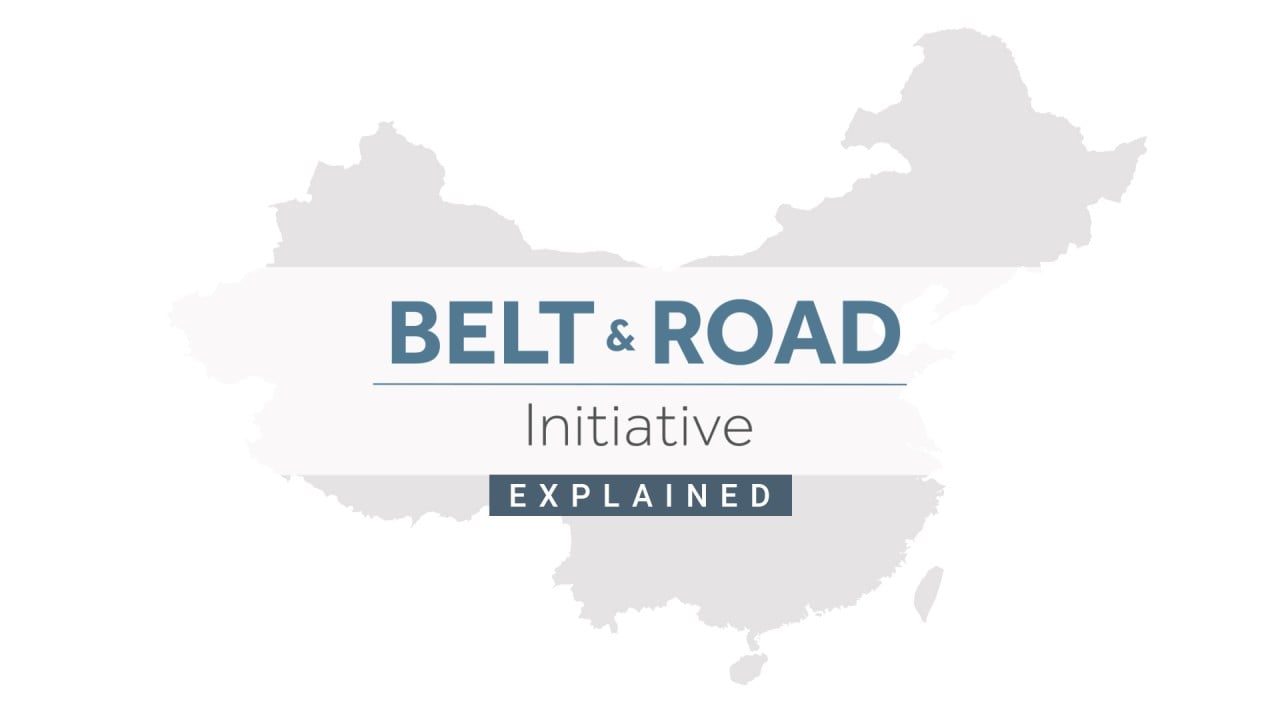
Australia’s move to scrap BRI deal – for Chinese netizens, it’s Canberra who is ‘out of line’
- Australia revoked two accords signed by Victoria state to join the Belt and Road Initiative because they were out of line with Canberra’s foreign policy
- But for China, which adopted practices like respecting contracts, the move is seen as proof it will not get a fair deal, even if it plays by Western rules
Comments found on Chinese microblogging website Weibo ranged from the milder “what about the contract spirit often touted by the West” to harsher ones like “such perfidy” and “treachery can only be expected from descendants of convicted criminals”.
Australia’s Defence Minister Peter Dutton said the cancellation was necessary to prevent Australia from hosting a giant infrastructure scheme “used for propaganda”.
Dutton further added that the government’s problem was not with the Chinese people but rather “the values or virtues or the outlook of the Chinese Communist Party”.
But this is not how it’s coming across to Chinese officials and citizens, who have been told repeatedly since the 1980s after China embarked on reform and opening up that it had to pick up norms and practices cherished by the West to catch up economically and integrate internationally.
China accuses Australia of hypocrisy over cancelled belt and road deals
These include globalisation, multilateralism, trade liberalisation, a market economy, as well as respect for intellectual property rights and the rule of law.
Some practices – like the major market access concessions Beijing made over two decades ago to join the World Trade Organization – were foisted on China and it does not necessarily practise other norms all the time.
But it has mostly succeeded at putting these concepts into operation, including the spirit of a contract which essentially requires parties to act in good faith.
Thus, Australia’s latest salvo, on the heels of the US ushering in protectionism and tariffs on goods from across the world including China under former president Donald Trump, has put paid to these ingrained ideas of the importance of globalisation, fair competition and the sanctity of contracts or agreements.
Even though the memorandums of understanding signed under the BRI are not legally binding, mutual obligations exist, including the need to observe trust and respect.
The current situation has once again galvanised Chinese public opinion which has become increasingly convinced that the double standards imposed by the West means that China will not get a fair deal, even if it plays by the rules of the game.
Explainer | One year on, what’s happened in the China-Australia trade conflict?
In choosing to be the first country to pull out of the BRI, Canberra’s move will be interpreted as a sign that it is unconcerned about perceptions that it is escalating tensions between two economically codependent trading partners.
For the more hawkish among Chinese commentators, they will go further to suggest that Australia’s move is an attack on the Chinese system and leadership.
After all, President Xi Jinping staunchly defended globalisation in his speech at the World Economic Forum in 2017 and Beijing’s narrative is that the BRI is China’s contribution to global sustainable development.



